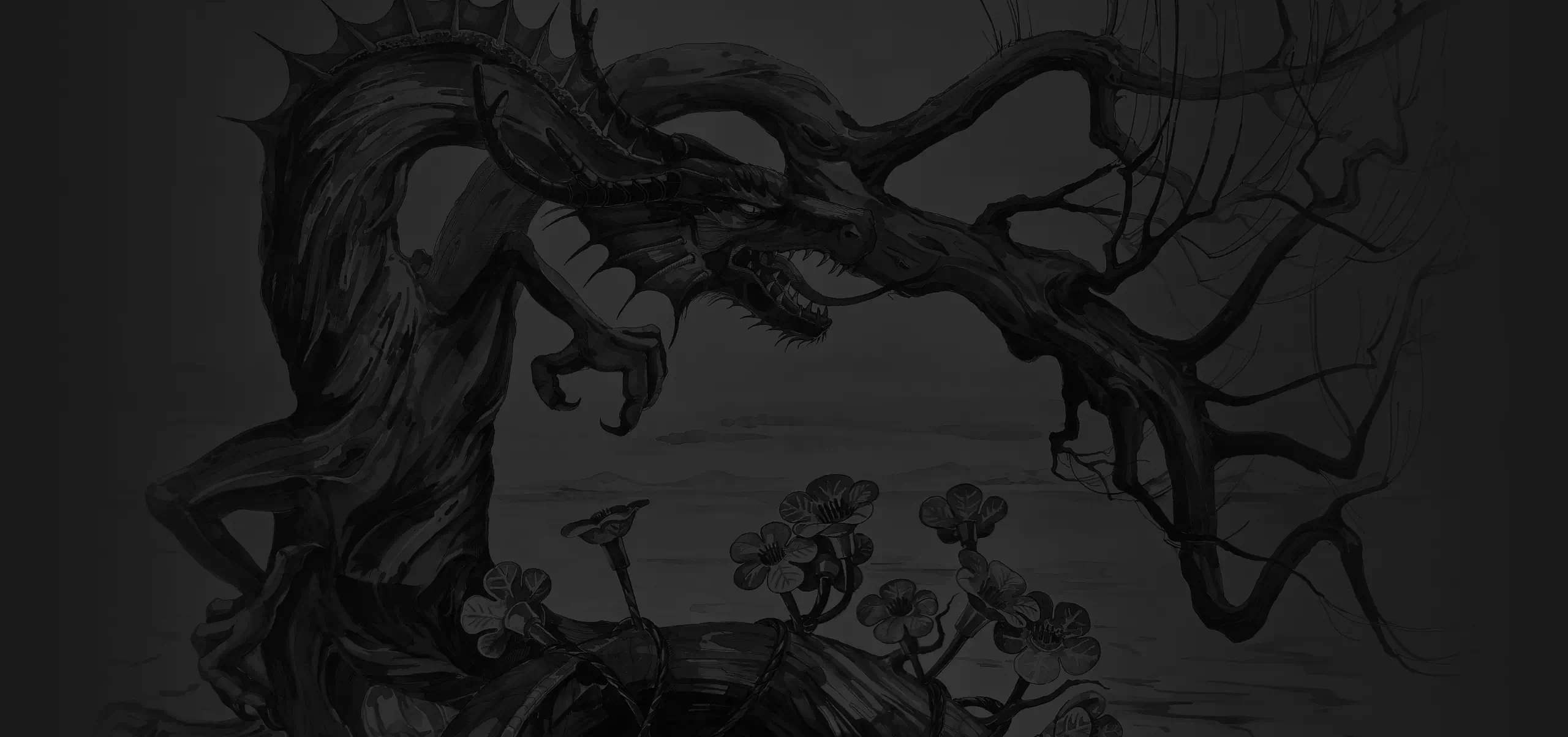
16
If you want to catch something, let it go first.
Interpretation:
A pressed enemy will not fight
As long as he has ways to escape.
Chase him, don't give him a break
But don't force his army into battle.
Courage and strength will eventually dry up,
His desire to fight will disappear.
Such an opponent will be easier
Capture without violence or murder.
If you want to grab me, first let me move away.
"Pursue closely, but do not crowd"
(Sun Tzu).
As long as he has ways to escape.
Chase him, don't give him a break
But don't force his army into battle.
Courage and strength will eventually dry up,
His desire to fight will disappear.
Such an opponent will be easier
Capture without violence or murder.
If you want to grab me, first let me move away.
"Pursue closely, but do not crowd"
(Sun Tzu).
Historical example:
This is the story of how the commander Zhuge Liang managed to bring one of the bloodiest wars to an end and establish peace. During the Three Kingdoms era, the ruler of the northern kingdom of Wei persuaded Menghuo, the leader of the barbarian tribes of the Southwest, to rebel against the western kingdom of Shu.
Zhuge Liang, the famous general of the Shu kingdom, opposed Menghuo. He set as his goal not just to take possession of the lands, but to conquer the hearts of the southern barbarians. First, he defeated Menho's allies individually. But instead of executing the rebels, he generously released them. This was not just an expression of mercy, but also strategic diplomacy. The freed rebels began to convince other leaders that Zhuge Liang was not such an evil ruler as he was made out to be.
Then he captured Menho himself, but released him too. This was not just a gesture of mercy, but also a show of strength. Menho again began military operations against the witchcraft of Shu, was again captured and again released. Zhuge Liang forgave Menghuo even when the rebel leader’s associates themselves brought him tied up. This went on seven times.
The wisdom and mercy of the commander of the kingdom of Shu did their job. Menghuo saw in Zhuge Liang the best ruler he knew. After Menghuo was captured for the seventh time, he repented of his deeds and swore eternal obedience to Zhuge Liang. Peace came to the southern borders of the kingdom of Shu.
Zhuge Liang, the famous general of the Shu kingdom, opposed Menghuo. He set as his goal not just to take possession of the lands, but to conquer the hearts of the southern barbarians. First, he defeated Menho's allies individually. But instead of executing the rebels, he generously released them. This was not just an expression of mercy, but also strategic diplomacy. The freed rebels began to convince other leaders that Zhuge Liang was not such an evil ruler as he was made out to be.
Then he captured Menho himself, but released him too. This was not just a gesture of mercy, but also a show of strength. Menho again began military operations against the witchcraft of Shu, was again captured and again released. Zhuge Liang forgave Menghuo even when the rebel leader’s associates themselves brought him tied up. This went on seven times.
The wisdom and mercy of the commander of the kingdom of Shu did their job. Menghuo saw in Zhuge Liang the best ruler he knew. After Menghuo was captured for the seventh time, he repented of his deeds and swore eternal obedience to Zhuge Liang. Peace came to the southern borders of the kingdom of Shu.
